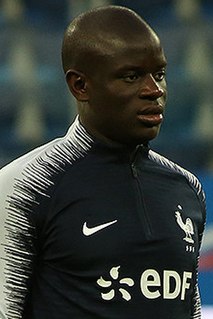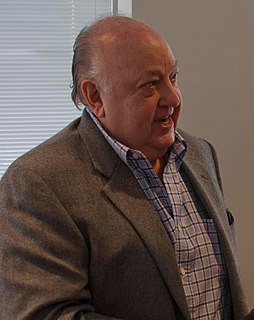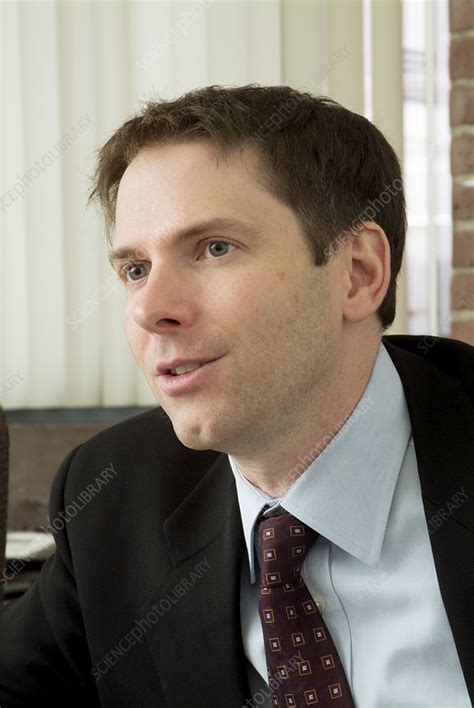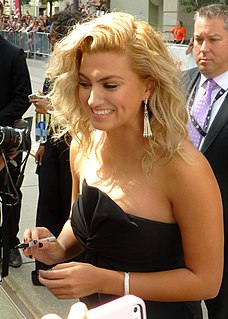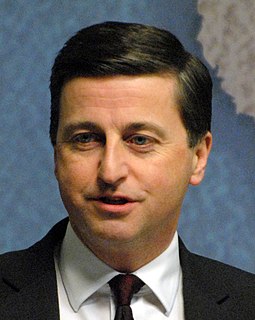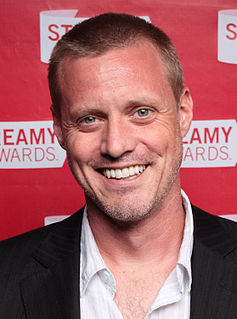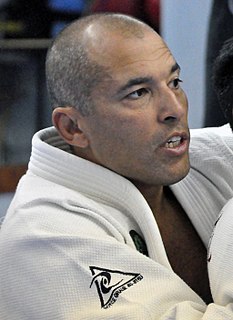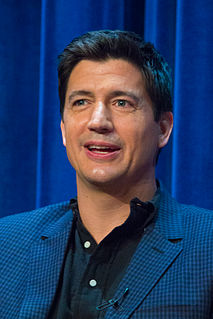A Quote by Cory Doctorow
Open platforms and experimental amateurs eventually beat out the spendy, slick pros. Relying on incumbents to produce your revolutions is not a good strategy. They're apt to take all the stuff that makes their products great and try to use technology to charge you extra for it, or prohibit it altogether.
Related Quotes
If an open source product gets good enough, we'll simply take it. So the great thing about open source is nobody owns it - a company like Oracle is free to take it for nothing, include it in our products and charge for support, and that's what we'll do. So it is not disruptive at all - you have to find places to add value. Once open source gets good enough, competing with it would be insane. We don't have to fight open source, we have to exploit open source.
I'm not a big believer in revolutions. What people call revolutions in technology were more of a shift in perception - from big machines to PC's (the technology just evolved, fairly slowly at that), and from PC's to the internet. The next "revolution" is going to be the same thing - not about the technology itself being revolutionary, but a shift in how you look at it and how you use it.
At the beginning of almost every industry, the available products and services are so expensive to own and complicated to use that only people with a lot of money and a lot of skill have access to them. A disruptive technology is an innovation that simplifies the product and makes it so affordable that a whole new population of people can now have one and use it at the beginning for simple applications, and then it improves to the point that it makes the old technology obsolete.
After I shower and put in all my products, I hang out with the diffuser with my head flipped over for five to seven minutes. But before I use a hair dryer, I'll towel-dry my hair. Actually, drying your hair with an old T-shirt is a great trick. It helps to get all the extra water out, without bringing on frizz.
It's very intense to be in front of a live audience. It's just an amazing experience. It's dangerous. Everything out there is heightened. The bad stuff is extra-worse. The silences are extra-silent. The good stuff is amazing. It's electric when you walk out there. For 90 minutes, you're on this other planet.
The beauty of shooting on something that's not in front of an audience is that you can just cut out the times you're laughing. You can cut to the other person and try to use that moment, right before you break. There's an energy to those performances. There's a reason people were laughing. There was something very special. That little extra something was in that line delivery or in that improv, so you try to use that stuff.



